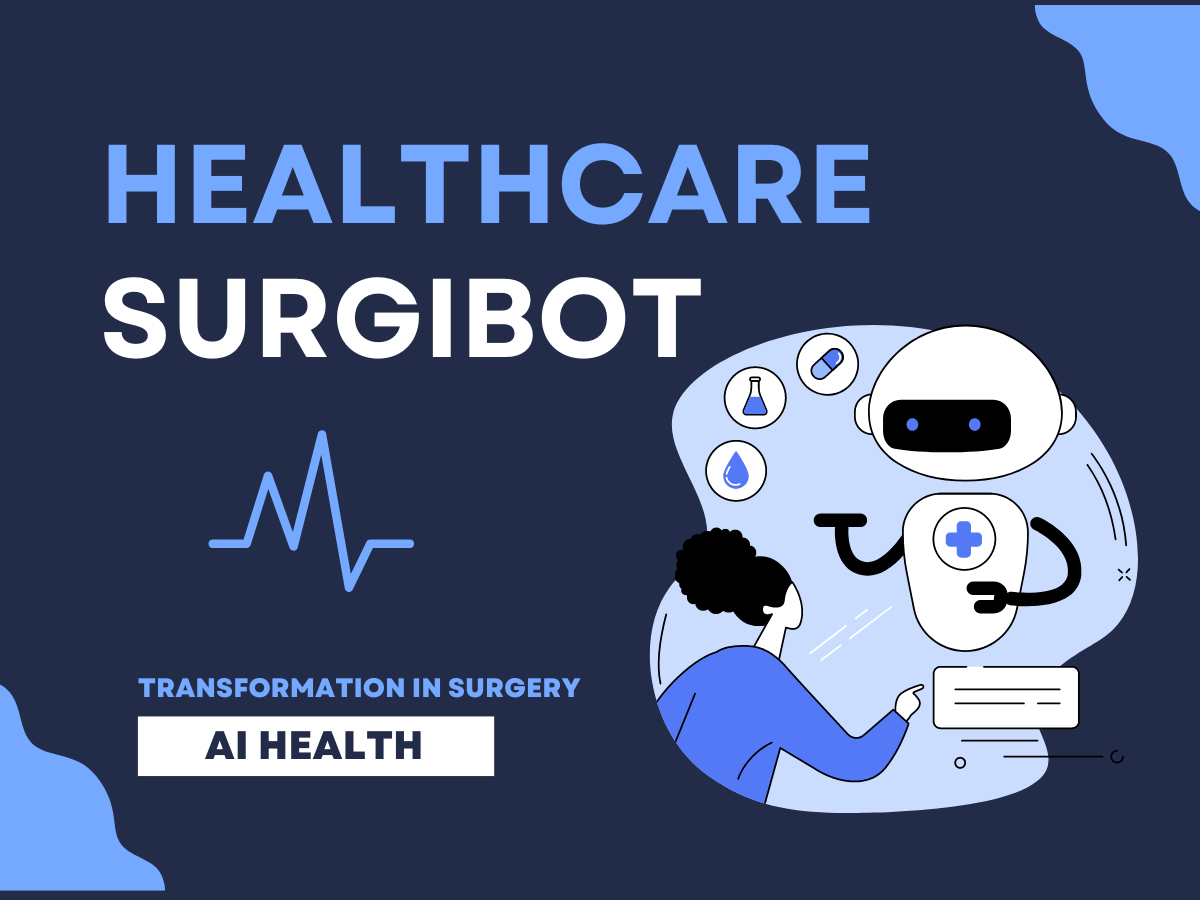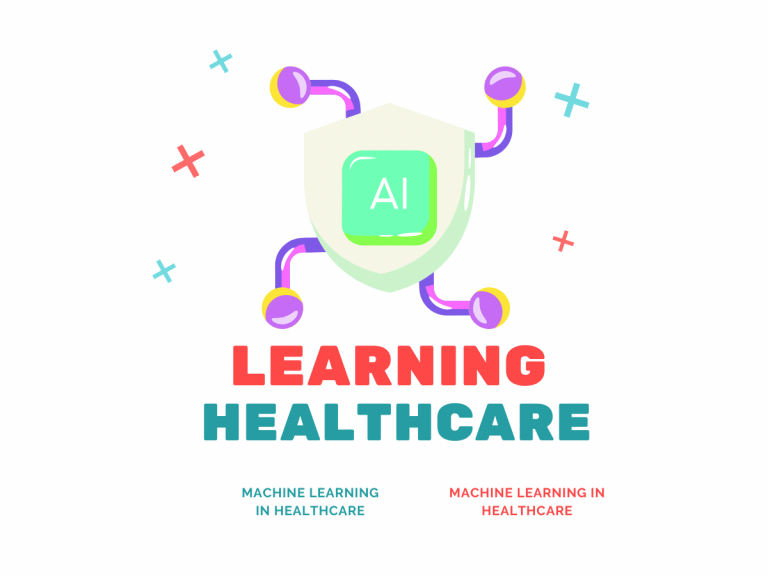1. Introduction
In recent years, the field of surgery has witnessed a remarkable transformation with the advent of artificial intelligence (AI) and robotics. The integration of AI and robotics in surgical procedures has revolutionized the way surgeries are performed, offering numerous benefits to both patients and surgeons. This article explores the profound impact of AI robotics on surgery, highlighting its advantages, applications, challenges, and future prospects.
2. The Role of Robotics in Surgery
Robotic systems play a pivotal role in surgery by assisting surgeons in performing complex procedures with enhanced precision, dexterity, and control. These robotic systems are designed to replicate the movements of human hands, enabling surgeons to operate with enhanced accuracy and stability. By leveraging advanced technologies such as machine learning and computer vision, robotic surgical systems offer real-time feedback and assist surgeons in making informed decisions during procedures.
3. Advantages of AI Robotics in Surgery
The utilization of AI robotics in surgery brings forth a multitude of advantages. Firstly, it enables minimally invasive surgery, leading to smaller incisions, reduced blood loss, and faster recovery times for patients. With robotic assistance, surgeons can access difficult-to-reach anatomical locations with greater ease and precision, minimizing the risk of complications.
Secondly, AI robotics enhances surgical precision and accuracy. Robotic systems can eliminate hand tremors and offer a higher degree of stability during delicate procedures. This results in improved outcomes, reduced errors, and better patient safety.
Furthermore, AI robotics provides surgeons with an enhanced visual field. High-definition cameras incorporated into robotic systems offer magnified and three-dimensional views of the surgical site, allowing surgeons to visualize intricate anatomical structures in greater detail.
4. Applications of AI Robotics in Surgery
4.1 Robotic-Assisted Laparoscopic Surgery
One significant application of AI robotics in surgery is robotic-assisted laparoscopic surgery. This technique involves the use of robotic systems to perform minimally invasive procedures, such as prostatectomies and hysterectomies. The robotic arms equipped with surgical instruments provide increased precision and flexibility, allowing surgeons to operate with utmost control and accuracy.
4.2 Orthopedic Surgery
AI robotics has also made significant strides in the field of orthopedic surgery. Robotic systems assist orthopedic surgeons in joint replacement procedures, ensuring optimal placement of implants and accurate alignment. By utilizing preoperative planning and real-time feedback, AI robotics improves surgical outcomes and enhances patient satisfaction.
4.3 Neurosurgery
Neurosurgery, a highly intricate field, has greatly benefited from AI robotics. Robotic systems enable surgeons to navigate delicate brain structures with unparalleled precision and accuracy. They assist in tumor removal, deep brain stimulation, and spinal surgeries, minimizing the risk of complications and maximizing patient safety.
5. Challenges and Limitations
While AI robotics holds immense potential in surgery, it also faces certain challenges and limitations. One of the main concerns revolves around the high costs involved in acquiring and maintaining robotic systems.
Additionally, there is a learning curve for surgeons to become proficient in operating the robotic platforms effectively. Additionally, we need to address issues regarding connectivity, data security, and regulatory compliance to ensure the seamless integration of AI robotics in surgical practices.
6. Future Prospects of AI Robotics in Surgery
The future of AI robotics in surgery is promising. As technology continues to advance, robotic systems are expected to become more affordable, compact, and user-friendly. With the integration of AI algorithms, these systems will become smarter, allowing for autonomous surgical tasks and personalized treatment plans. Moreover, the use of telemedicine and remote surgery will enable expert surgeons to provide their expertise across geographical boundaries, ensuring access to quality healthcare in underserved areas.
7. Conclusion
AI robotics has ushered in a new era in surgery, revolutionizing the field and offering unprecedented possibilities. From enhancing surgical precision to enabling minimally invasive procedures, the benefits of AI robotics in surgery are immense. While challenges exist, the future prospects are promising, with advancements in technology expected to drive further innovation and integration. AI robotics will continue to shape the future of surgery, improving patient outcomes and transforming healthcare on a global scale.
FAQs (Frequently Asked Questions)
Q1: Are robotic surgeries completely autonomous?
No, robotic surgeries are not autonomous. They are performed by expert surgeons who operate the robotic systems with precision and control. The robotic systems act as tools that assist surgeons in performing procedures with enhanced accuracy and dexterity.
Q2: How safe are robotic surgeries?
Robotic surgeries have demonstrated a high level of safety and have been associated with reduced complication rates. The advanced technologies integrated into robotic systems provide surgeons with real-time feedback and enhance patient safety during procedures.
Q3: Will AI robotics replace human surgeons?
No, AI robotics will not replace human surgeons. Rather, they will complement the skills and expertise of surgeons, allowing them to perform procedures with greater precision and control. The role of human surgeons in decision-making and critical thinking remains crucial in the surgical process.
Q4: Can robotic surgeries be performed remotely?
Yes, with the advancement of telemedicine and robotic technologies, remote surgeries are becoming a reality. Expert surgeons can remotely operate robotic systems to perform surgeries in distant locations, ensuring access to specialized healthcare services.
Q5: How can AI robotics improve surgical outcomes?
AI robotics can improve surgical outcomes by enhancing precision, accuracy, and visualization during procedures. With robotic assistance, surgeons can achieve optimal surgical results, reduce errors, and minimize the risk of complications, ultimately leading to better patient outcomes.













+ There are no comments
Add yours